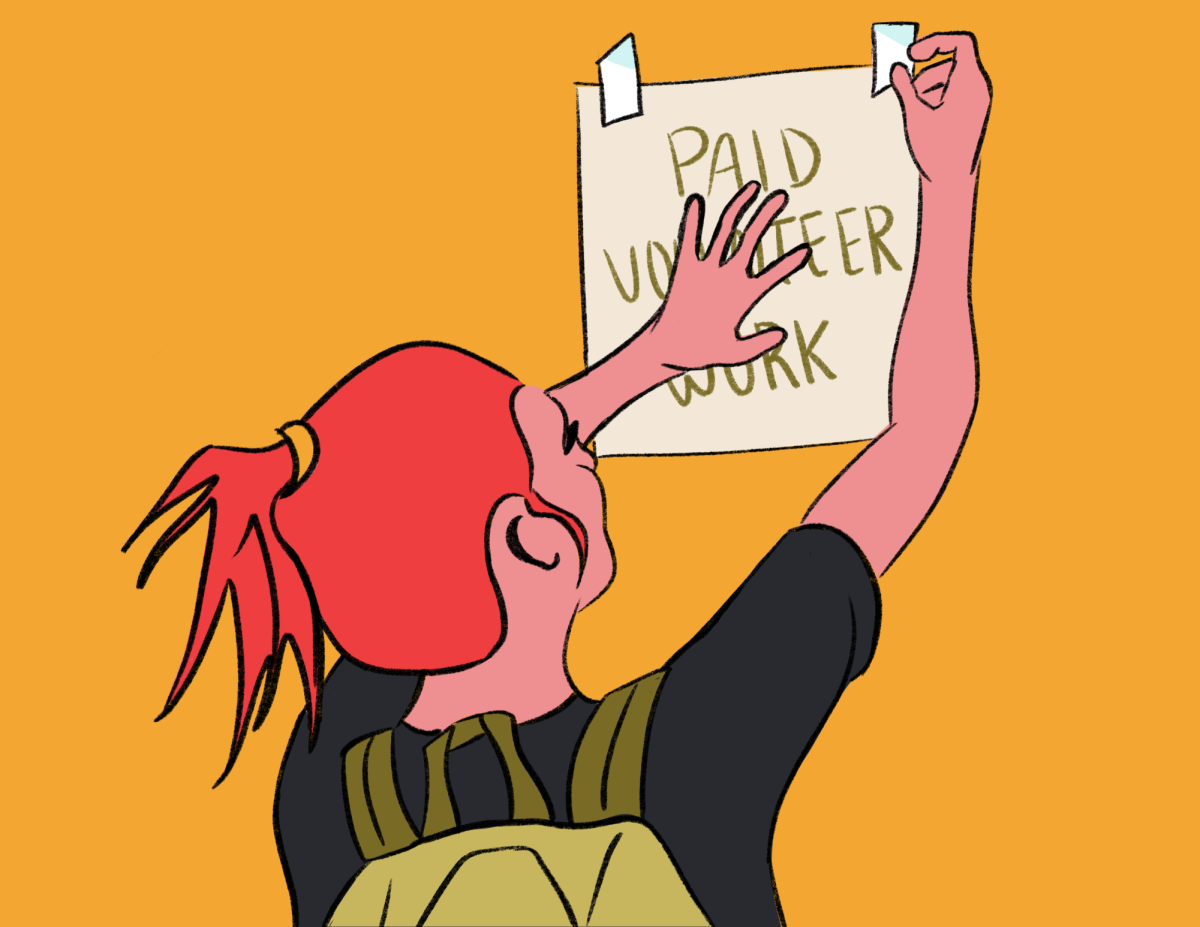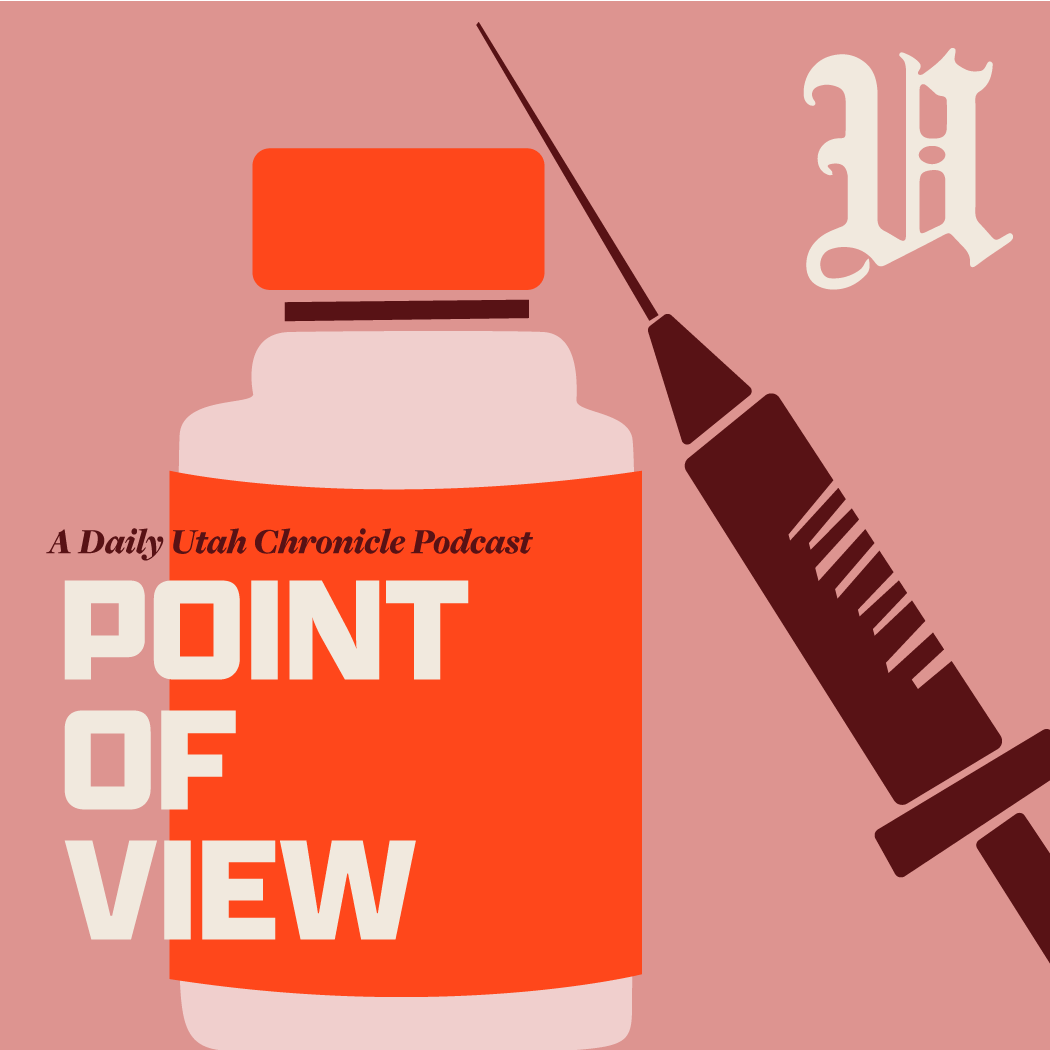The big story in America recently has been Ferguson, Mo., where in August, Michael Brown was fatally shot by police officer Darren Wilson. In the following months, protests and civil unrest have been captured by national media outlets that have descended on the city, culminating in last week’s Grand Jury decision to clear Officer Wilson. In order to protect both American citizens and themselves, police officers should be required to wear body cameras to capture their daily actions.
Perhaps because the national media is already focused on this particular shooting, other similar instances in Cleveland and even here in Utah have garnered attention, creating a national dialogue on the use and possible abuse of police power, not to mention all the issues of race involved in Ferguson.
The problem with many of these unfortunate cases is that it is often difficult or even impossible to know what really happened. A lack of quality video evidence and conflicting accounts of these events turn them into murder mysteries filled with speculation and controversy.
To help solve this problem, many have suggested a law that would require all police officers to wear a body camera to record all their actions while on duty. The body cameras are already being used by some police departments across the country with positive results. One study conducted by the Police Foundation found that when officers wore body cameras, incidents involving police force decreased by 50 percent and complaints against police officers were ten times lower than they had been a year before.
It’s easy to see why these body cameras are so effective at decreasing the number of incidents involving police brutality. No matter what job you have, you’re more likely to better follow that job’s requirements and protocols when you know you’re being watched. For example, if you have an office job where the computers record your online activity and deliver it to your boss, you will be much less likely to take an extra twenty minute break to check Facebook. Likewise, police officers with body cameras will be much less likely to abuse their power if they know that abuse will be captured and available to prosecutors.
Body cameras would protect both citizens and officers. Obviously not all police officers are corrupt. The majority are good people who do their best to serve and protect us, even putting their own lives at risk to do so. With body cameras, these cops will be protected against fraudulent accusations of abuse. As long as they follow police protocols, body cameras will serve to vindicate them rather than incriminate them.
If the phrase “If you have nothing to hide, then you have nothing to fear” can be used to justify government surveillance programs, then it should also be used to justify police body cameras to keep us all a little bit safer.










